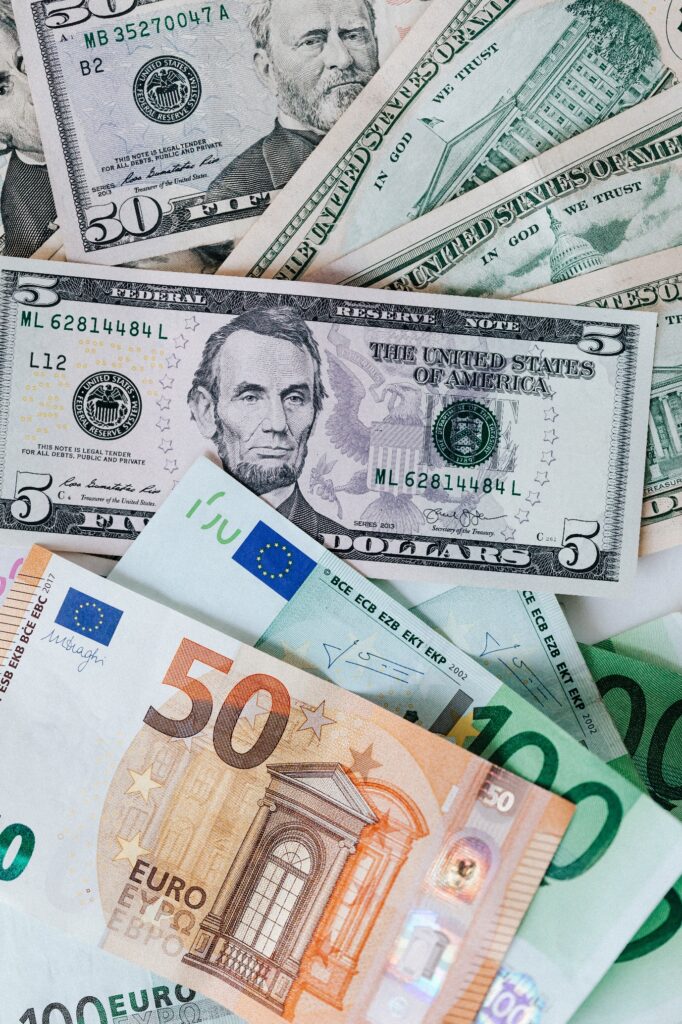Forex and stocks are traded on exchanges. Thousands of companies are already registered in these exchanges and countless more are in the process of being registered. This similarity is an advantage to Forex traders. Since they have a greater familiarity with both, it gives them an advantage over other traders. They also tend to have similar trading conditions.
Profitability
When it comes to currency trading, forex is often more profitable than stocks. Currency trading is also more volatile, which creates risk. However, if you’re looking for long-term stability, stocks are a better choice. The stock market is not prone to such fluctuations, and therefore, offers lower risks.
If you’re looking for frequent small profits, then you’ll be better off trading on the forex market. The high volatility of the forex market makes it much easier to turn a profit. Forex also allows you to trade in multiple economies at the same time. For long-term investors, the stock market is a better choice, since it is more stable and allows you to make large profits over longer periods of time.
Volatility
When comparing Forex and stock markets, traders should consider the volatility of each market. The volatility of currency pairs can be affected by a number of factors, including interest rates, economic events, and political stability. Traders with a long-term outlook, or those who want to increase capital gradually, should choose currency pairs with low volatility. In contrast, traders who seek greater risk may be more comfortable with high volatility.
Volatility can be measured in terms of frequency and severity of price changes. High volatility indicates fast price changes while low volatility means slower and more consistent price movements. While volatility differs between markets, both currencies and stocks experience frequent price fluctuations. Forex is more volatile than stock markets, as prices change rapidly each day and are influenced by a wide range of factors. However, investors must remember that volatility can also be beneficial.
Leverage
Forex is a global currency market with an average daily volume of $6 trillion. In forex trading, investors purchase and sell currencies on margin. In other words, they leverage up to 500 times their initial capital in order to trade on the market. This leverage allows investors to benefit from large fluctuations in the market without putting their entire capital at risk. Forex trading is similar to margin trading in stocks and futures.
In forex trading, the leverage is expressed as a ratio. For example, at a 20:1 ratio, traders can trade a $20,000 position using only $1,000 in their account. However, when maintaining the position, a small amount of money is also pulled from their account. This is called margin, and traders must ensure that they maintain the minimum margins to avoid liquidating their trading positions unexpectedly.
Commissions
There are many differences between trading forex and stocks. For starters, the forex market has more liquidity, and most traders are not limited to the major pairs, which means they can trade virtually any currency they want. This high liquidity allows orders to be executed faster and closer to where they want them to be. In addition, there is a greater range of options for entering and exiting the market.
In forex trading, a commission can be a fixed amount per trade or a relative fee based on the amount of volume traded. While the fixed fee model may be easier to understand, it does come with its own hidden costs. In addition to commissions, some brokers also charge inactivity fees, minimum monthly or quarterly trades, and even charges for phone calls. The right type of commission for you will depend on your trading habits and trading volume. If you’re a high volume trader, a fixed fee may be the most convenient option, while smaller traders may prefer a commission based on the amount of trades made.
Cost
If you are looking to invest in the forex market, there are a few advantages that you should consider. Firstly, forex offers you a lot more liquidity than stocks. There are always people looking to buy foreign currencies. As a result, the market has a high volume, and therefore, is considered to be more liquid than stocks. On the other hand, stocks are less liquid and are not ideal for short-term investment.
Forex is a much larger market than stocks, with a daily volume of $5 trillion. This high volume translates into tighter spreads and lower transaction costs. This can be beneficial to traders because it makes it easier to execute orders and enter and exit the market quickly.
Taxes
When it comes to taxes, trading in the forex market is no different from trading in stocks. Most countries do not differentiate between the two types of investments. However, there are some exceptions. Some countries, including the US, do have separate capital gains tax rates for stock and forex investors. In addition, some countries allow investors to defer capital gains tax by buying other properties. Ultimately, it is up to the individual investor to determine which tax method is most beneficial for them.
The best way to determine the tax rate for your own situation is to first understand how capital gains are calculated. When calculating your capital gains tax, you must first determine what your initial investment was. Then, divide your initial investment by the amount you made. In many cases, you will only be required to pay a small percentage of the money you made.









Facebook Comments